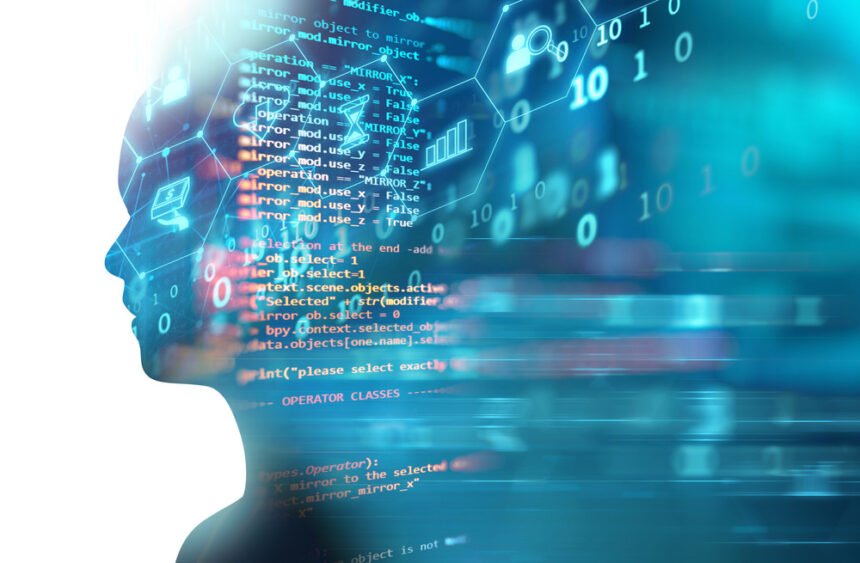From intelligent machines and automated cars to genetic modification and 3D printing, there’s a significant technological power shift everywhere at a rapid pace. Remarkable waves of technological solutions like Artificial Intelligence are driving the 4th industrial revolution that is redefining the norms between people, the web and the real world.
The technology brings a shift in the way we do things, live and connect with each other. In the next few years, this technology will completely change the major industries we rely on.
So, what essentially do these innovations indicate and where do they intend to stop?
1. Healthcare will be Effective
We all will have very comprehensive medical records in the future. Including details which we would like to keep private.
Technology has solved a lot of problems ranging from mundane things like introducing anti snoring devices that help people sleep better BY preventing airway congestion (Zquiet Reviews), to the major ones like accurate diagnosis. Proving that only our own imagination can restrict the future use of computer technology because in real life, it is doing miraculous things.
Even climate change is one area where experts see that technology can enable the use of machines to enhance energy production. It is also evident that bots have a major role in healthcare by focusing efforts into more accurate solutions in healthcare and using robotics in research for medical sciences.
Analysis of medical data collected from different groups and demographics allows researchers to understand patterns and connexions in diseases and identify factors that increase the efficacy of certain treatments. Data mining helps decrease the health care costs and shortfalls, increase accessibility and quality of healthcare and keep making medicine more specific and effective.
Digitization empowers people to take care of their own wellbeing. Speak of apps that monitor how much you’re eating, sleeping and exercising and being free to request a doctor any concern by pushing a button into your smartphone.
2. Most of the Work will be Done by Bots
The robotic systems are a tool for improving efficiency, productivity and preventing the mind to exhaust from repetitive tasks that many employees experience each day.
The concern that the workforce would be severely damaged sustained as a result of innovation isn’t unfamiliar, but digitization can happen much faster than ever with the introduction of new technology. The automation is altering the work environment and will introduce significant changes to nearly every industry in the years to stand.
Experts do not expect that human employees will be replaced by automation but anticipate on-the-job collaboration between humans and machines. The bots will process repetitive and routine jobs, and allow people more time to concentrate on interesting and creative activities.
3. Better Standards of Education
The percentage of children worldwide who use digital technology, such as smartphones or tablets, is increasing. The new tech is being used by agencies and organizations to offer education where it is most needed.
The national education association said: “Most of the new technologies are designed for those who already have some access to them, instead of being developed and deployed in a way that constructively facilitates the most disadvantaged. As a result, many reform efforts over the last decade have failed to meet expectations. Luckily, a more thoughtful use of educational technologies is gaining momentum.
While machine learning is still generally seen in schools, Experts envision a novel approach of using technology to make academics more efficient. Acknowledging that everyone sees things differently, the studies strongly indicate that using computer systems to evaluate how kids develop diverse perspectives. This will allow teachers to recognize the most productive styles of teaching and improve their coaching to make learning more meaningful.
4. Sensors for Improved Security
By 2020, approximately a quarter of the global cars will be accessed through the internet (290 million automobiles), and by 2024, appliances and gadgets will use more than half of domestic web traffic.
Within the next couple of years, more than a million sensors are likely to be directly linked to the internet If everything is now linked, the way we do trade can be changed and allow us to manage assets more efficiently and responsibly. The AI sensors will exchange/share the information from their environment and fix the problems to make our lives easier and safer. automated vehicles, for instance, might “interact” with each other which will help in preventing accidents. Smart home automation is happening rapidly, too. We can easily locate and control our lighting, heating, air conditioning and alarm systems.
5. Reliable Transactions through Blockchain
Just a small fraction of the global GDP (about 0.025 percent) is presently kept on the blockchain, the centralized database system where digital currency transactions like the Cryptocurrency is generated.
But this is now about to evolve as banks, insurers, and businesses compete to learn how and when to use AI technology to reduce the expenses. A blockchain is basically a network technology all having to validate the transactions before they can be checked and registered. The technology uses encryption to keep the transactions secure and offers a transparent digital ledger that can be used by everyone on the network.
There are infinite uses of blockchain technology. Some foresee it to be used in the collection of taxes within 10 years. It will make life simple for immigrants to transfer the money to places which have restricted access to the financial systems. And banking fraud will be minimized tremendously, as each exchange will be registered and published on a public ledger that is available to anyone with an online connection.

